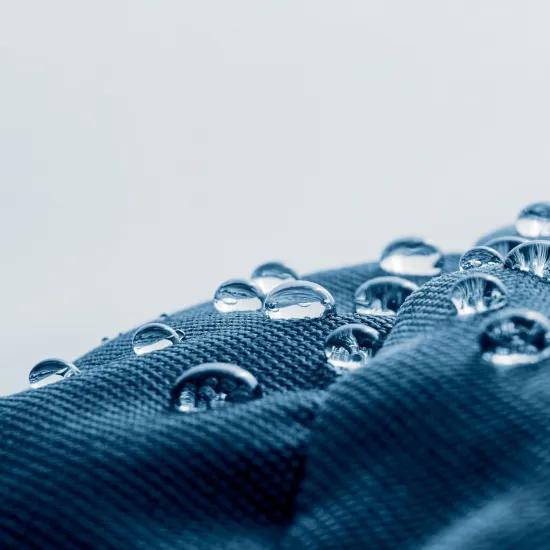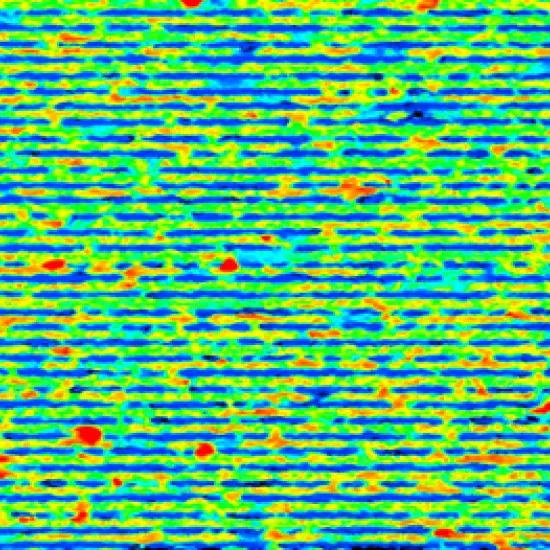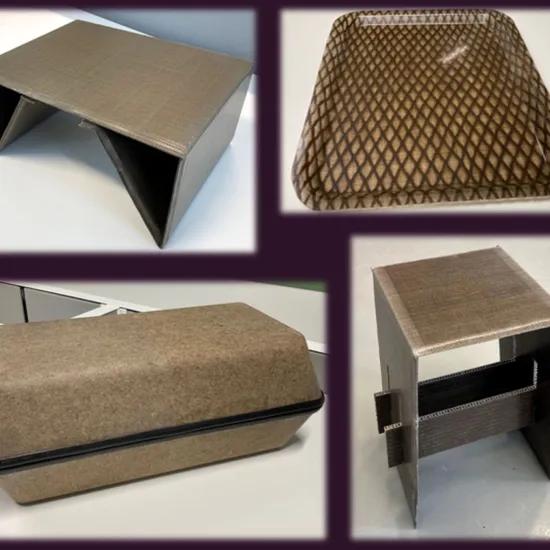Transparent and recyclable thanks to a bio-based solution
To continue meeting demand and to maintain its market position, ACE Packaging looked for a sustainable alternative to the classic bread bag, in which a plastic film is sealed as a transparent window. New developments led to an innovative concept, where the bag consists entirely of paper and a transparent window is created by impregnation with a bio-based product. This also makes the entire paper bag recyclable.
ACE Packaging is a manufacturer and distributor of packaging materials for the food industry, bread bags in particular. Innovation and the use of new technologies and materials have turned ACE Packaging into a pioneer in bringing sustainable packaging materials to the market and has allowed the company to keep most of its production in Flanders, with a positive effect on employment and investments in the region.
Recently, the company has experienced both increasing (international) price pressure on its standard products and greater customer awareness of more sustainable (packaging) options.
The search for an ecological alternative
To continue meeting today's demands and the market situation, ACE Packaging decided to focus on making higher-quality paper packaging. To this end, it worked on the development of new eco-friendly packaging, which required new material choices and the implementation of a scalable production process.
ACE Packaging initially wanted to replace the classic transparent plastic window with an impregnated zone in the paper. This zone would be given a bio-based layer derived from vegetable oils. By ensuring that the refractive index of these derivatives is equal to the refractive index of the cellulose fibres of the paper, a window can be made that is transparent enough to make the contents of the bag visible.
Initially, it was assumed that the paper bags would be biodegradable due to the combination of paper fibres with vegetable waxes. Further testing, however, also demonstrated that the paper bags are perfectly recyclable according to applicable standards, which is an additional boost for the project and makes the solution even more sustainable.
ACE Packaging started looking for suitable partners to put this innovation into practice and ended up choosing the VLAIO Business Projects Team. It soon became clear that ACE Packaging's requirements were closely aligned with those for circular sustainable materials and the expertise within Sirris for developing bio-based functional materials for, among other things, packaging and recyclable coated papers.
A multidisciplinary approach
Due to the diverse and complementary expertise available at Sirris, the collective centre was able to provide support in various areas, ranging from material selection and the realisation of proofs-of-concept to testing and the creation of the final product.
The circular economy team provided support in materials selection and in determining the recyclability of the paper bags. Testing took place in accordance with the newly applicable recycling standards, with Sirris recently investing in the set-up of a pilot line to test recyclability according to the method of the Confederation of the European Paper Industry (Cepi). A laboratory model of the industrial test setup was built within the Product Development Hub, allowing a more targeted evaluation of the influence of processing parameters. Laboratory-scale analyses facilitated the inventory and selection of the most suitable biomaterials to ensure the best transparency.
The translation of a stationary and static impregnation process into an inline and dynamic one on the existing production line turned out to be the biggest challenge in this project.
Successful collaboration
In Sirris, ACE Packaging had found a neutral partner that could provide support in various areas and was able to combine a responsible scientific approach with some welcome pragmatism.
Previously, test processes quickly came to take a lot of time, while the intended results were not always achieved. Sirris provided the company with a simple analysis technique that indicates in advance whether or not a certain type of material will provide the desired transparency. This gave the company a better insight into the material and process parameters that determine and influence transparency. Laboratory-scale analyses greatly improved the selection of materials and ACE Packaging was able to look for alternative suppliers of suitable materials.
The company was finally able to further improve the transparency of its products to the intended level, comparable to traditional products that use fossil fuel-based paraffins. This gave a recyclability score of 99/100, which means that after recycling there is a fibre yield of more than 98 percent and no significant visual impurities. As a result, the paper bags meet the requirements to be recyclable in a standard paper processing facility. The biodegradability of the product was the manufacturer's main priority, but the additional recyclability of the breadbags opened up new avenues.
Henry Van De Velde Award
At the end of the process, ACE Packaging was able to boast a new technology for making bread bags with a bio-based transparent window that had good recyclability and could meet market demand. The innovation - called nADA - has a strong, positive ecological impact. In this way, it can further strengthen the (international) position of ACE packaging as a forerunner in the market, while contributing to the social challenges of waste problems and sustainability.
In January 2024, ACE Packaging won prizes and nADA was the first to be honoured at the Henry Van De Velde Awards, in the ‘Environment’ category.





